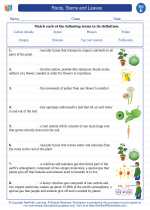Types of Composition
Composition refers to the way the different parts of a system or object are arranged or put together. In science, composition can refer to the arrangement of elements in a compound, the structure of a material, or the makeup of a substance. There are several types of composition that are important to understand:
1. Chemical Composition
Chemical composition refers to the types and proportions of elements that make up a compound. Compounds are made up of two or more different elements that are chemically bonded together. The chemical composition of a compound is represented by its chemical formula, which shows the types of atoms present and the ratio of those atoms in the compound.
2. Material Composition
Material composition refers to the substances or components that make up a material. For example, the material composition of a rock might include minerals like quartz, feldspar, and mica. Understanding the material composition of substances is important for fields such as geology, materials science, and engineering.
3. Structural Composition
Structural composition refers to the way the parts of an object or system are arranged or organized. For example, the structural composition of a cell includes organelles such as the nucleus, mitochondria, and endoplasmic reticulum. Understanding the structural composition of objects is important in fields such as biology, anatomy, and architecture.
Study Guide
- What is chemical composition and how is it represented?
- Give an example of material composition and explain its significance.
- Explain the concept of structural composition and provide an example.
- How does understanding composition help in different scientific fields?
◂Science Worksheets and Study Guides Fifth Grade. Roots, Stems and Leaves
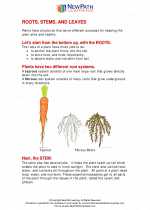
 Activity Lesson
Activity Lesson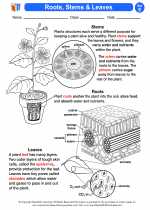
 Worksheet/Answer key
Worksheet/Answer key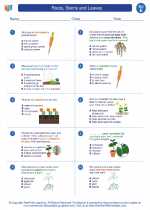
 Worksheet/Answer key
Worksheet/Answer key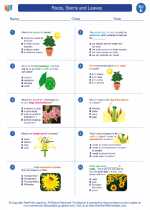
 Worksheet/Answer key
Worksheet/Answer key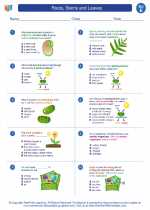
 Worksheet/Answer key
Worksheet/Answer key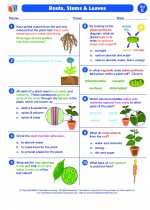
 Vocabulary/Answer key
Vocabulary/Answer key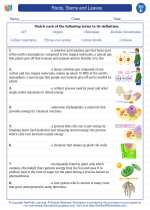
 Vocabulary/Answer key
Vocabulary/Answer key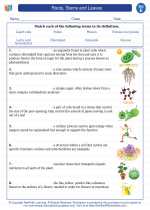
 Vocabulary/Answer key
Vocabulary/Answer key